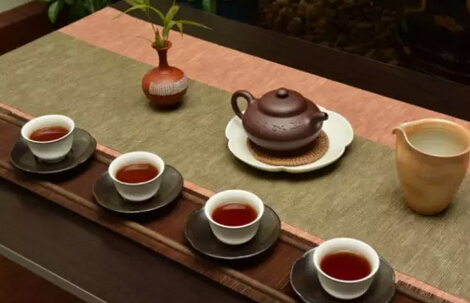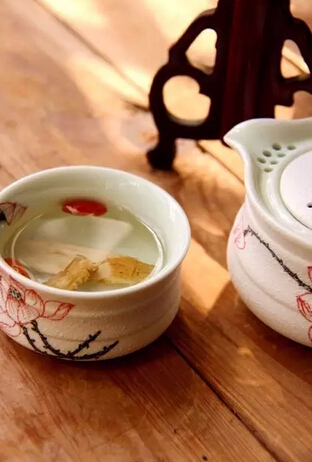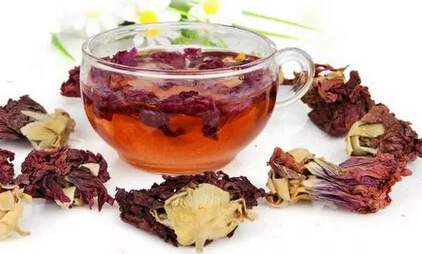Black tea
Black tea is a type of tea that helps regulate stomach motility in both directions. Regular consumption can effectively improve gastrointestinal function and alleviate symptoms such as poor appetite and bloating caused by qi deficiency.

Black tea has a warm nature, making it particularly suitable for individuals with qi deficiency. Traditional Chinese medicine suggests that those with qi deficiency should consume foods that replenish qi, are nutritious, and easy to digest. Black tea is an excellent choice in this regard.
Astragalus tea
This tea is effective in relieving fatigue, boosting energy, and reducing sweating, making it ideal for addressing symptoms like tiredness, night sweats, and general weakness in individuals with qi deficiency. The main ingredient, astragalus, is known for its ability to enhance qi, promote blood circulation, and prevent excessive sweating. It is especially beneficial for those with pale complexions or shortness of breath.

To prepare, take fresh astragalus and red dates, boil them together in water for about 30 minutes, then strain and drink. Note that the herbs should not be discarded after one use; they can be boiled multiple times to extract their full benefits.
Tangerine peel tea
Place tangerine peel in a cup, pour hot water over it, let it steep for 10 minutes, then remove the residue and add a small amount of sugar before drinking.

This tea not only helps with qi deficiency but is also refreshing in summer, aiding digestion and quenching thirst. Tangerine peel promotes healthy digestion and is effective against symptoms like poor appetite, vomiting, and diarrhea. It contains beneficial nutrients such as vitamins, essential oils, and tangerine peel glycosides, which support gastrointestinal health.
Teas to avoid for qi deficiency
Cold herbal tea
Many people opt for convenience by drinking cold herbal tea, but this is not a healthy habit. For individuals with qi deficiency, frequent consumption of cold herbal tea, especially in large quantities during summer, can weaken the immune system and increase susceptibility to illnesses.
Floral tea

Floral teas are popular among women for their pleasant aroma and variety of flavors, with some even offering beauty benefits. However, not all teas are suitable for everyone. Individuals with qi deficiency should limit their intake of floral teas.
The above information covers suitable teas for individuals with qi deficiency. From the article, we learn that black tea, astragalus tea, and tangerine peel tea are beneficial, while floral teas and cold herbal teas should be avoided by those with qi deficiency.